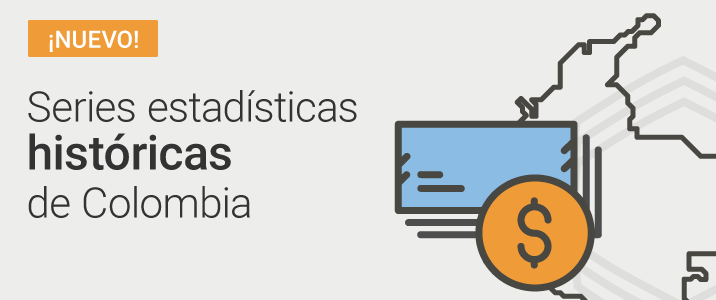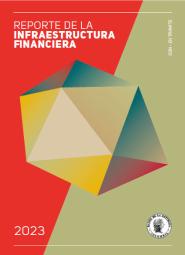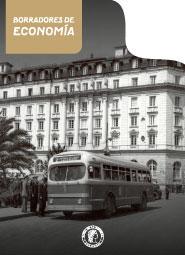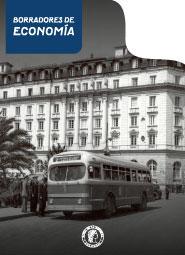Banco de la República presents the book 'Casa Grande Caribe'
On Tuesday, 9 July, the Regional Economic Studies Center (CEER) of Banco de la República in Cartagena will hold the launching ceremony of its most recent book, Casa Grande Caribe, starting at 5:00 pm at the Central Bank's “Gabriel García Marquez” library in Santa Marta.
Attendees to the event include Maria Elia Abuchaibe, General Manager of Enterritorio; Antonio Hernández Gamarra, former General Comptroller of the Republic; and Adolfo Meisel Roca, Headmaster of Universidad del Norte.
This book, edited by Jaime Bonet and Diana Ricciulli, is part of the initiative known as Casa Grande Caribe, conceived by a group of institutions from the region and by the following programs: “Cómo vamos” from Barranquilla, Cartagena, and Santa Marta; the Regional Economic Studies Center (CEER) of Banco de la República; Fundesarrollo; “Ciudad Caribe” of ANDI; and Mamonal and Promigas foundations.
The purpose of this project is to advance in the identification of investments that the region must undertake in order to overcome the current lag in four areas: 1) education, 2) health, 3) nutrition, and 4) aqueduct and sewerage.
In addition to the organizing institutions, the initiative is supported by strategic allies: Port of Cartagena; Fescol; the Chambers of Commerce from Cartagena, Barranquilla, and Santa Marta; Grupo Sura; Daabon; Cerrejón; Serfinanza; ANDI; Novus Civitas; Serfinanza; Fundepalma; Fundación Corona; Esenttia; Banex; and Cincinatti.
Finally, the preparation of the work involved a group of scholars from the CEER, Fundesarrollo, Universidad Tecnológica de Bolívar, and Universidad del Norte.
The work compiles the studies prepared as part of this initiative to serve as an input for the discussion of public social policy in the region. The total cost of the proposal is estimated at USD 16,000 million for a 12-year period. At the same time, it includes an analysis of funding sources and the quality of regional spending in order to identify possible funding resources and the improvements required for its execution. The calculations produced estimate that the region may have sufficient funds for these proposals. However, the results will only become a reality with a good management by local public administrators and citizen participation in the follow-up of the investments.
Casa Grande Caribe is, therefore, a roadmap to close the social divide that has persisted between the region and the rest of the country over several decades. The implementation of the proposals is everyone’s responsibility, and we must all familiarize and become involved with them for their realization.





















































